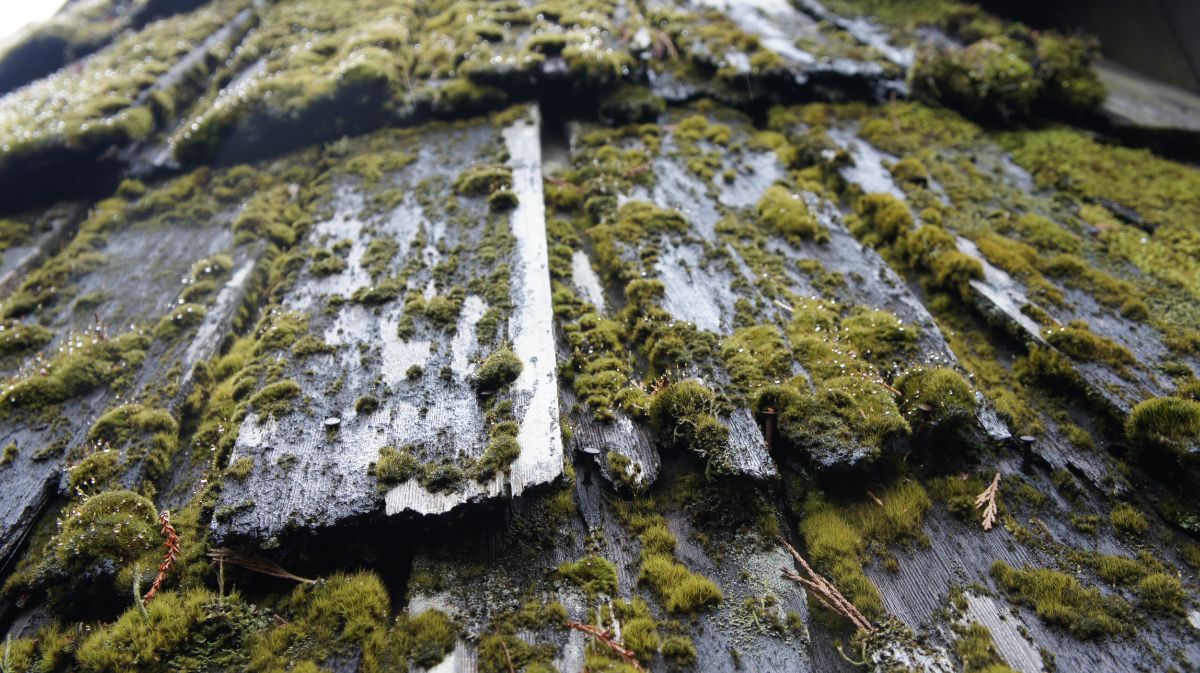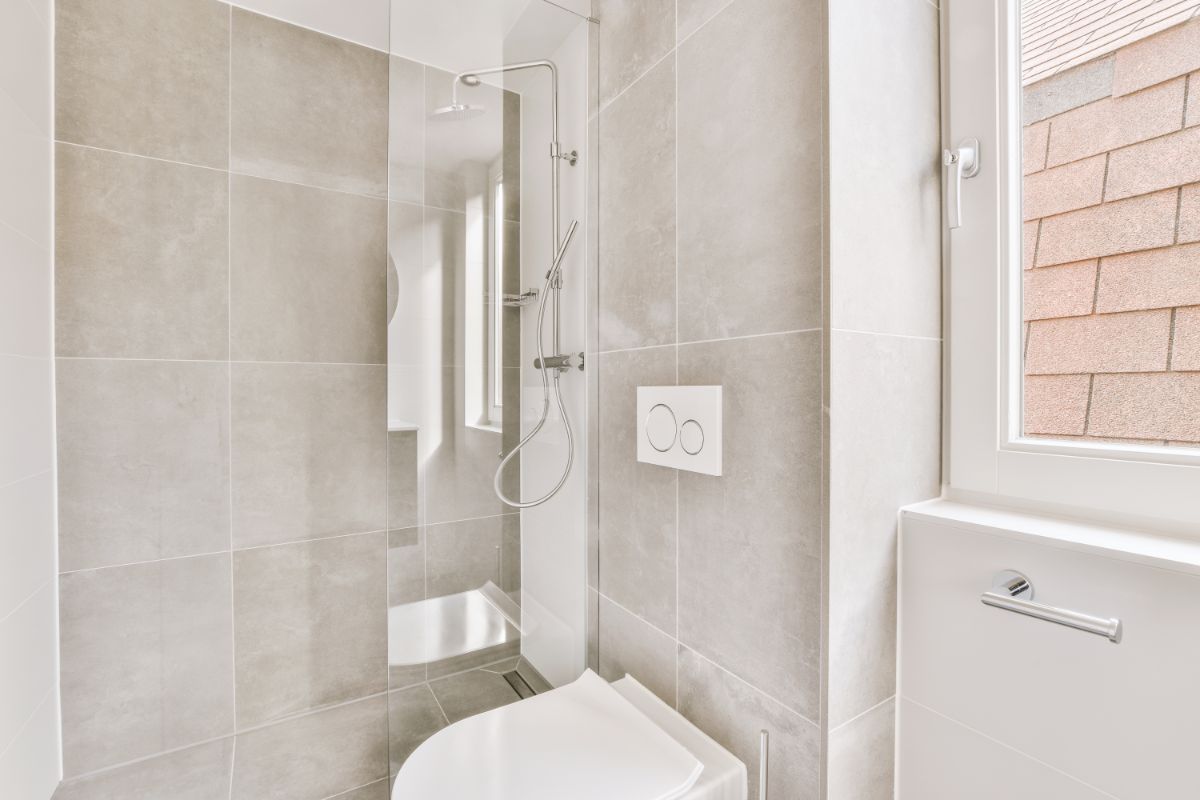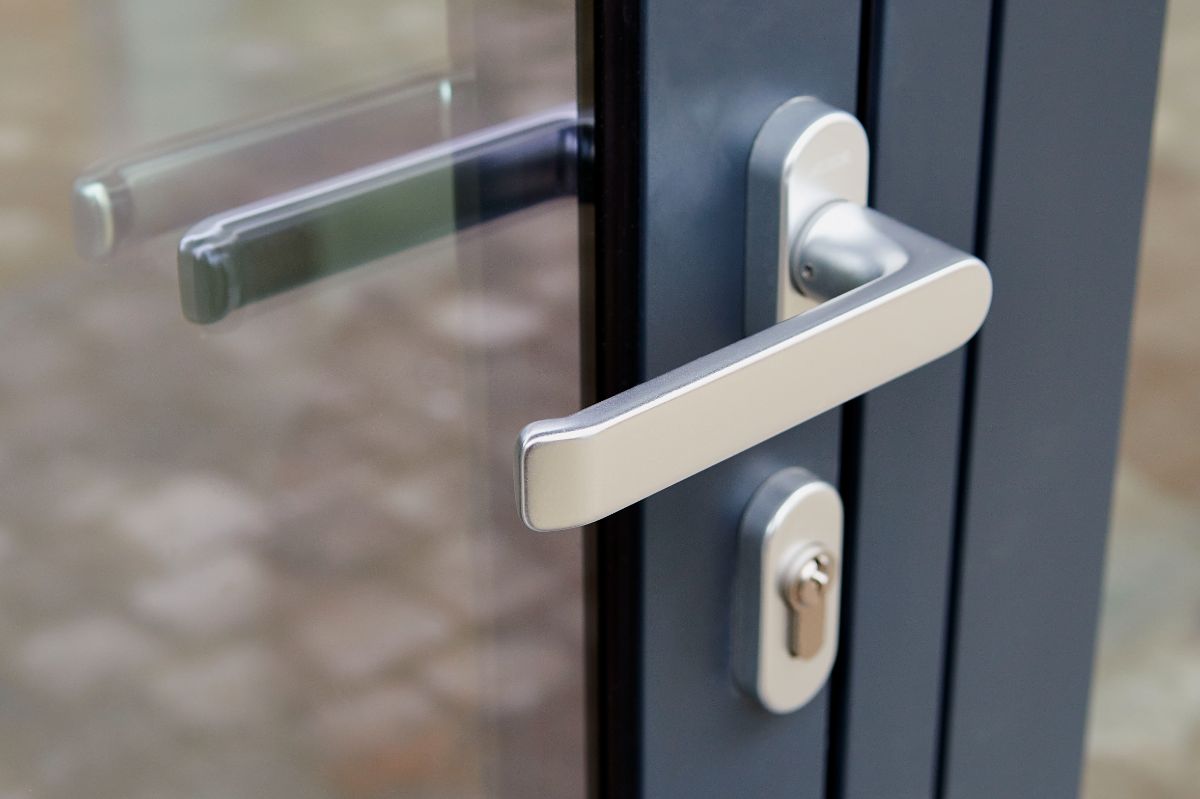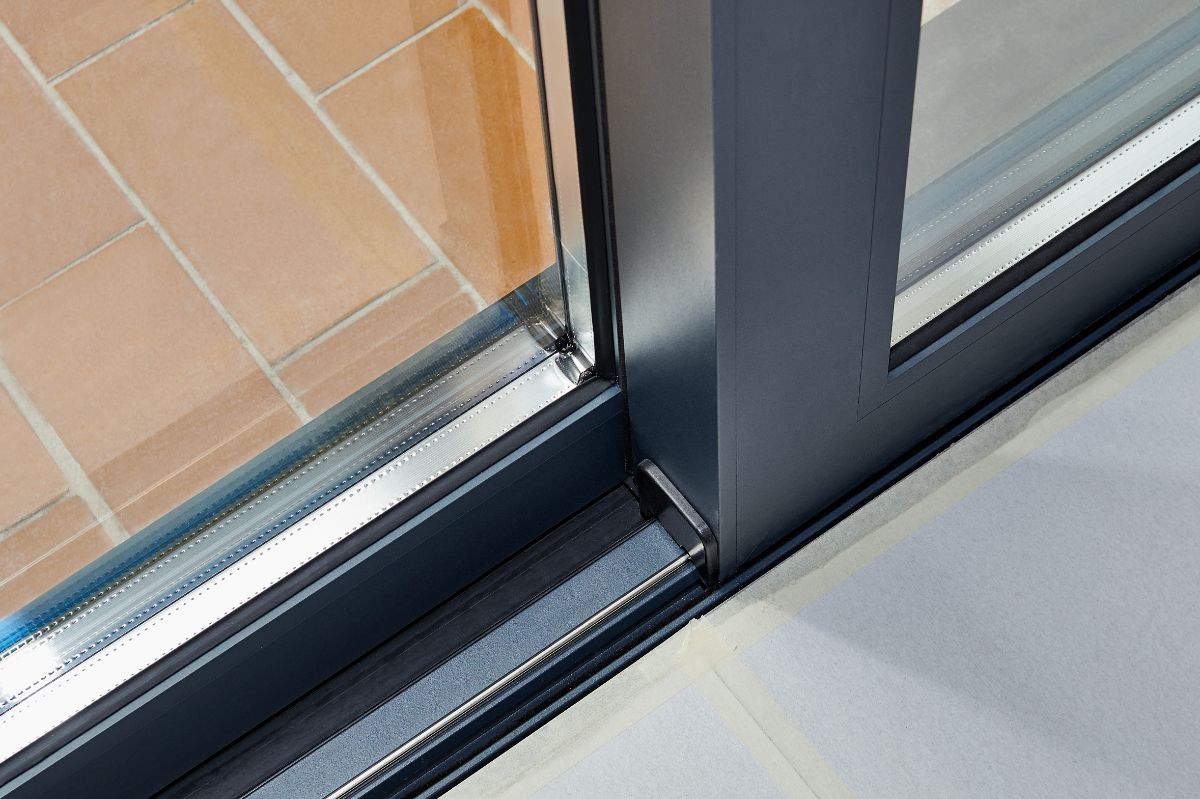What are the benefits of industrial sealants?
- Excellent resistance to water
- Flexible and can withstand extreme heat
- Offers strong adhesion even between dissimilar materials
- Electric insulation and protection
- Resistant to microbial buildup
- UV and chemical resistant
If you want to create bonds that stand the test of time, you may want to take a close look into the benefits of industrial sealants. Industrial sealants are the most commonly used solutions to bond surfaces such as plastic, metals, glass, ceramics, and cement. Due to their ability to resist moisture, the applications of industrial sealants are versatile, ranging from marine work, building and home design, indoor and outdoor maintenance, automotive part repairs, to aerospace construction.
Most industrial sealants are made with silicone to effectively block the passage of fluids through the opening in materials. Aside from their moisture-proofing features, industrial sealants also have other properties that benefit certain applications. Continue reading to learn more about these.
Excellent Resistance To Water

One of the top benefits of industrial sealants is that they do not allow any moisture to come out of places they shouldn’t be in. Their primary function is to seal off the passage of moisture or water leaks, making them a preferred material for many construction applications.
Given that industrial sealants are waterproof, they are commonly used in repairing cracks in sinks and toilets and in even underwater projects like repairing aquariums. The powerful hold provided by silicone industrial sealants also makes them useful for even outdoor construction tasks such as creating tight seals around window sills and the outside of glass doors.
With an industrial sealant, you won’t need the help of experts to take care of waterproofing requirements at your home.
Flexible and Can Withstand Extreme Heat
Given that industrial sealants can be made with silicone, they can retain their flexibility even when exposed to high temperatures. This is why they are ideal for applications that are prone to thermal expansion and contraction. Even after curing, they can sustain stability and elasticity to withstand extreme heat. Silicone industrial sealants, in particular, are reluctant to burn. Many of these comply with UL flammability testing standards. Industrial sealants can also hold up against wind oscillations and seismic movement.
For example, in construction, industrial sealants can be used to seal surfaces where flexibility between substrate materials is needed. If the surfaces are exposed to thermal expansion or contraction, or seismic movement, the flexible nature of the industrial sealants will allow the substrates to move instead of breaking or cracking under pressure.
Strong Adhesion Even Between Dissimilar Materials

Another top benefit of industrial sealants is that they have strong adhesive qualities. They can bond virtually any material such as wood masonry, glass, ceramics, metals, and plastics. Industrial sealants can also seal gaps between dissimilar materials. For example, if you need to fill a gap between aluminum material and glass, an industrial sealant will easily get the job done.
Electric Insulation and Protection
If you have items that conduct electricity, such as brass or copper, that need sealing, using an industrial sealant can be a good option. Industrial sealants made with silicone can effectively protect seals and insulate them from electric discharge. Because of this, industrial sealants have been widely used to seal hydraulic switches, engine gaskets, electric wires, black box parts, and other electric materials.
Resistant To Microbial Buildup

You may already know that humid environments are a major factor in microbe buildup. Molds will grow in places with moisture, such as leaks, roofs, pipes, windows, or areas where there has been flooding. The good news is, silicone industrial sealants are watertight. They are the preferred sealing material for industrial kitchen applications as their watertight properties resists the growth of harmful microorganisms. In construction, industrial sealants also help prevent mold buildup in wallpaper, drywalls, and upholstery.
UV and Chemical Resistant
UV rays, radiation, chemicals, and acids can cause materials to crack and crumble. Fortunately, industrial sealants do not degrade easily after exposure to a range of industrial chemicals. They offer low chemical reactivity and no volatile organic compounds (VOCs), which makes them ideal for industrial maintenance tasks.
Key Takeaway
In this article, we’ve listed down the benefits of industrial sealants. These include resistance to water, thermal fluctuations, microbe buildup, UV, and chemicals, electric insulation and protections, and strong adhesion even between dissimilar materials.
Are you a builder or renovator looking for high-quality industrial sealants? At Aluminum Depot, we offer sealants in the Philippines as part of our wide range product line. Do not hesitate to contact us for more information on our products by clicking here. Our team would be more than to help you find the best possible sealing solution for your project.


